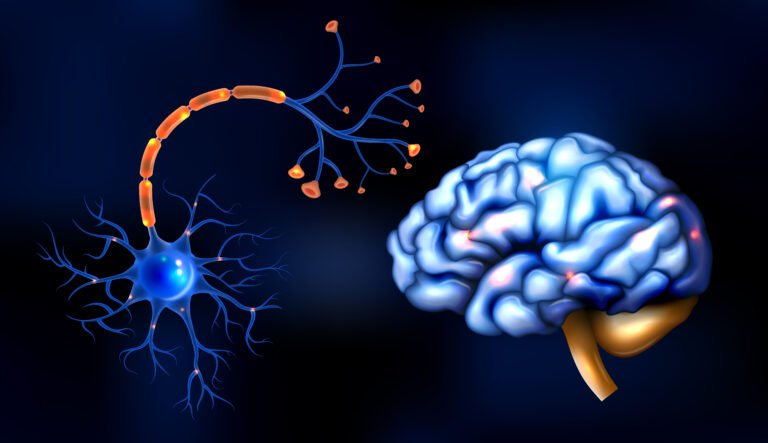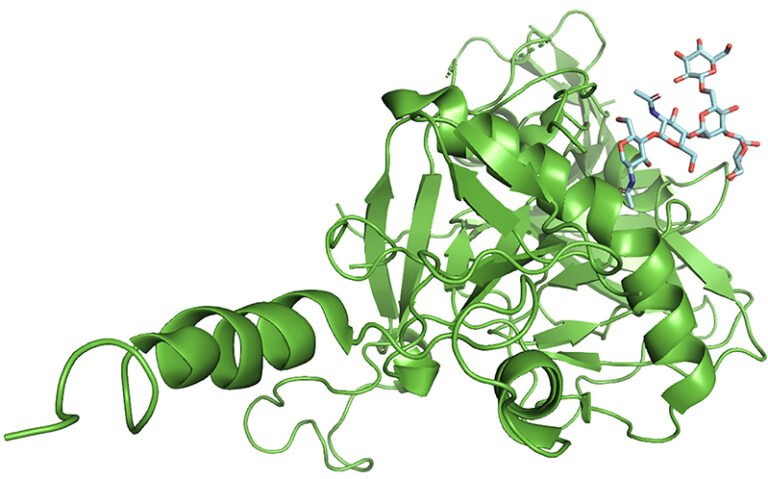Navigating the Complex Landscape of Food Allergy Complications
Introduction:
Food allergies have become an increasingly prevalent concern in today’s world, affecting millions of individuals worldwide. While the allergic reaction itself is challenging, it’s crucial to understand that food allergies can give rise to a range of complications that extend beyond the immediate symptoms. In this blog post, we will delve into the intricate web of food allergy complications and the importance of managing them effectively.
Anaphylaxis: The Immediate Threat
The most severe and potentially life-threatening complication of food allergies is anaphylaxis. This rapid and severe allergic reaction can affect multiple organ systems, leading to difficulty breathing, a drop in blood pressure, and, in extreme cases, loss of consciousness. Anaphylaxis requires immediate medical attention, and individuals with food allergies are often prescribed epinephrine auto-injectors to administer in case of an emergency.
Cross-Contamination Woes
Avoiding the allergen is a constant challenge for those with food allergies. Cross-contamination, where a trace amount of the allergen comes into contact with a safe food, is a common complication. This can happen in restaurants, shared kitchens, or during food processing. Strict diligence in checking ingredients and communicating dietary needs is crucial to prevent accidental exposure.
Nutritional Gaps and Dietary Challenges
Living with food allergies often means eliminating entire food groups from one’s diet. This restriction can lead to nutritional gaps, as certain allergen-free alternatives may lack essential nutrients. For example, individuals allergic to dairy may face challenges in obtaining enough calcium and vitamin D. Consulting with a registered dietitian can help develop a well-balanced and nutritionally sound meal plan.
Social and Emotional Impact
Food allergies can have a profound impact on an individual’s social and emotional well-being. Dining out, attending social events, or even sharing meals with friends and family can become sources of anxiety. The fear of accidental exposure and the need for constant vigilance may lead to social isolation or heightened stress levels. Support groups and counselling can play a crucial role in managing the emotional aspects of living with food allergies.
Educational and Workplace Challenges
For children with food allergies, navigating the school environment can be challenging. Teachers and staff need to be educated on allergy management, and emergency action plans should be in place. Similarly, in the workplace, individuals with food allergies may face challenges related to communal spaces, shared snacks, and the potential for allergen exposure. Open communication and awareness are key in creating safe environments.
Conclusion:
Living with food allergies involves more than just avoiding certain foods; it requires constant vigilance, education, and a supportive community. Recognizing and managing the various complications associated with food allergies is essential for maintaining a healthy and fulfilling life. By fostering awareness, promoting education, and advocating for inclusive practices, we can create a world where individuals with food allergies can thrive without the constant fear of complications.







